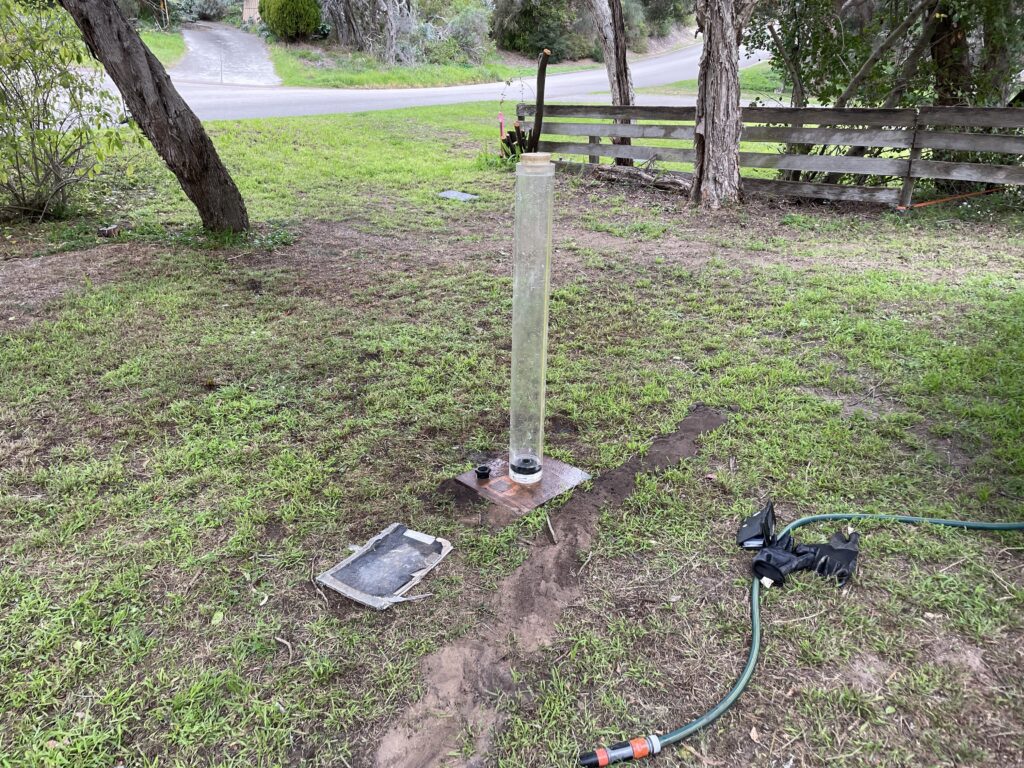Septic systems are a critical component of rural and semi-rural properties where access to a central sewage system is unavailable. For developers, homeowners, or property managers looking to install or upgrade septic systems, understanding land capability is essential. This is where Development Land Capability Assessment Services and Planning Land Capability Assessment Services come into play. These assessments ensure that the land can safely support the intended septic system, minimizing environmental risks and optimizing land use. In this blog, we’ll delve into what these assessments entail and why they are vital for any project involving land development or property planning.
What is a Land Capability Assessment (LCA)?
A Land Capability Assessment (LCA) evaluates the suitability of a piece of land for specific uses, especially when it comes to installing septic systems. It looks at a variety of factors including soil composition, slope, vegetation, and local climate to determine whether the land can support safe and effective wastewater treatment.
The primary objective of an LCA is to safeguard the environment and public health by ensuring that septic systems function properly and don’t contaminate groundwater or nearby water bodies. An LCA typically includes a comprehensive report outlining recommendations for system design, size, and location.
The Importance of Development Land Capability Assessment Services
When embarking on a new construction project, particularly in rural or semi-rural areas, Development Land Capability Assessment Services are a crucial first step. These assessments help to ensure that the proposed development is feasible given the land’s unique characteristics.
Here’s why these services are so important:
1. Regulatory Compliance
Many local governments require a Development LCA before granting permission for construction. Without it, you may not be able to obtain the necessary permits. This assessment ensures that the development complies with local regulations regarding septic systems, waste management, and environmental protection.
2. Environmental Protection
The installation of a septic system can have a significant impact on the surrounding environment if not properly managed. An LCA ensures that the proposed septic system will not lead to contamination of nearby water sources, soil degradation, or other environmental hazards.
3. Cost-Effectiveness
By understanding the land’s capability before starting a project, developers can avoid costly mistakes. For instance, an LCA might reveal that the land is not suitable for a traditional septic system, leading to adjustments in the project design. This proactive approach helps avoid future financial burdens related to environmental cleanups or system failures.
4. Sustainable Land Use
A well-conducted LCA encourages sustainable land use. It ensures that the septic system is designed in a way that minimizes impact on the land, preserves natural resources, and promotes long-term sustainability.
What is Included in Development Land Capability Assessment Services?
A Development LCA typically includes:
- Site Evaluation: Assessment of soil quality, drainage, and topography.
- Soil Testing: Analyzing soil permeability, texture, and structure to determine its suitability for septic systems.
- Water Table Analysis: Evaluating the depth of the water table and its implications for wastewater treatment.
- System Design Recommendations: Providing suggestions on the type and size of septic system appropriate for the land.
The Role of Planning Land Capability Assessment Services
While Development LCA services focus on evaluating land before a project begins, Planning Land Capability Assessment Services are essential during the project planning and design stages. These assessments help ensure that all aspects of land use are in harmony with the project’s goals, local regulations, and environmental considerations.
Why Planning LCA Services Matter:
- Pre-empting Issues By conducting a Planning LCA early in the design process, potential issues related to land use can be identified and addressed before they become costly problems. This could involve adjusting the project layout, choosing a different location for the septic system, or implementing additional measures to manage water runoff.
- Maximizing Land Potential A well-planned LCA helps you make the most of your property. By identifying the best locations for septic systems, structures, and landscaping, the assessment can help optimize land use and ensure that every part of the property is utilized effectively.
- Compliance and Future-Proofing Planning LCAs help developers and property owners stay compliant with local zoning laws, environmental regulations, and planning guidelines. Additionally, these assessments can future-proof the land by ensuring that it remains usable for future development or upgrades.
- Risk Mitigation Planning LCAs also play a vital role in minimizing risks. By assessing the land’s capacity to support long-term wastewater management, these services reduce the chances of system failure, which could lead to environmental hazards and financial penalties.
Key Components of Planning Land Capability Assessment Services
When conducting a Planning LCA, the following factors are typically considered:
- Topographical Analysis: Understanding the slope and layout of the land to determine the best locations for development and septic systems.
- Hydrological Study: Assessing water movement and drainage patterns to prevent waterlogging and contamination.
- Vegetation Survey: Identifying existing vegetation and how it might affect or be affected by the proposed development.
- Impact Assessment: Evaluating potential environmental and social impacts of the development, including effects on local ecosystems and nearby communities.
Conclusion: The Value of Land Capability Assessments
Both Development Land Capability Assessment Services and Planning Land Capability Assessment Services are invaluable tools for anyone looking to develop land in rural or semi-rural areas. These assessments ensure that projects are safe, sustainable, and compliant with local regulations, all while protecting the environment and maximizing the land’s potential.
By investing in these services early in the project lifecycle, developers and property owners can avoid costly mistakes, reduce environmental risks, and ensure long-term success. Whether you're planning a new residential development, a commercial project, or simply upgrading a property’s septic system, a Land Capability Assessment is the foundation of responsible land management.





Comments